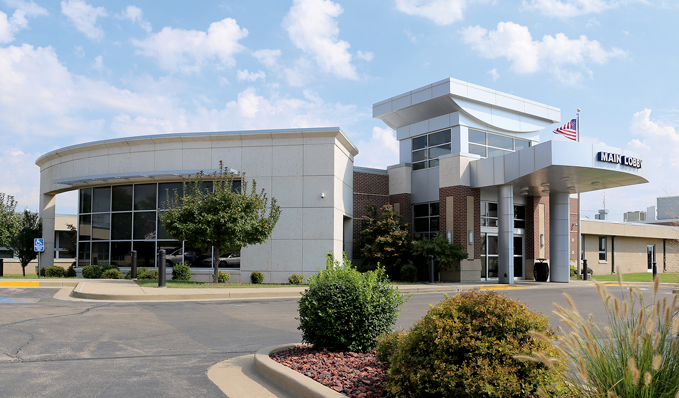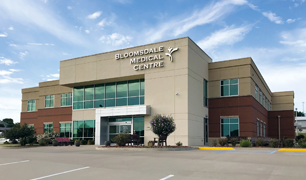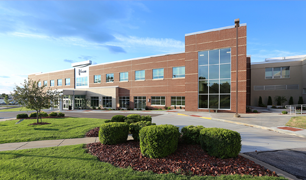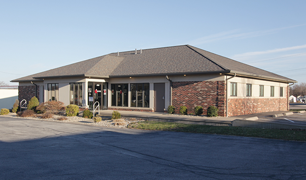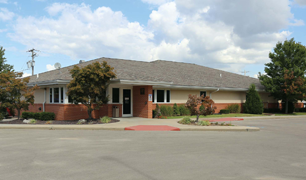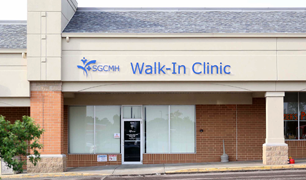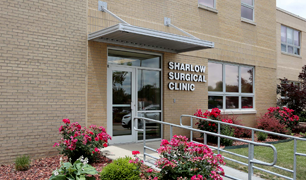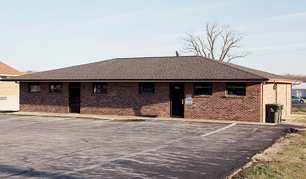Before Surgery
Once you and your surgeon have determined the need for surgery, arrangements can be made. Discuss any concerns with your physician who can help you understand the risks and benefits involved with your procedure.
Before Surgery Information
Your physician's office will work with the hospital to:
- schedule a date and time for your procedure
- complete your hospital registration and pre-op
- advise you of any pre-surgery screenings or tests (lab, X-ray, EKG)
A member of our surgery team will call you for a pre-surgery interview 2-5 days before your procedure.
During this interview, we will:
- review your health history
- review any labs or test results
- review your medications
- give you detailed instructions for the day of surgery
- arrange for a meeting with anesthetist if needed
- answer any questions you may have
Don't feel bashful about asking questions or expressing concerns during this or any other subsequent calls. Your questions or concerns are important to us.
Day of Surgery
Day of Surgery Information
- Do not eat or drink anything - including water, candy, or chewing gum - for the specified time before your surgery, as instructed during your pre-op interview. You may brush your teeth or have a sip of water to take your regular medication. If, by mistake, you eat or drink anything, notify your physician or One Day Surgery at 573-883-7767 before coming to the hospital.
- Use special soap if your doctor has directed you to do so.
- Remove all make-up and nail polish.
- Please leave all jewelry, money and other valuables at home.
- No contact lenses or body piercing items can be worn in surgery. Please wear your glasses on the day of surgery.
- Wear comfortable or loose fitting clothing.
- Notify your doctor if you become ill; develop a cold, persistent cough, or fever; or if there are any changes in your condition prior to your surgery date.
- Your insurance card for information verification
- A list of your regular medicines.
- Overnight clothes (if necessary), such as a robe and slippers.
- Weight and vital signs
- Signing of surgical consent
- Insertion of intravenous line (IV)
- Application of sequential compression device to promote circulation if needed
- Cleansing of surgical site with special antibacterial soap if indicated
- Anesthetist will visit with you and discuss your health history and plans for anesthesia
After Surgery
After Surgery Information
- Do not drive, operate mechanical equipment or hazardous machinery or engage in any physical activity until instructed by your physician.
- Diet instructions will be given upon discharge. Do not drink alcoholic beverages for at least 24 hours.
- Do not make critical decisions or sign important papers for 24 hours.
- Limit your movement for 24 hours. Remain home with a family member. Do not engage in heavy work or heavy lifting until your doctor gives you permission.
- Notify your doctor if nausea/vomiting continue past 12 hours. (Nausea is not uncommon after receiving anesthesia and usually subsides 6 to 12 hours after surgery. If any problems arise, call your doctor immediately. If you are at home and are unable to reach your doctor, go to the Emergency Room at Ste. Genevieve County Memorial Hospital or an emergency room near you.
Our staff will also provide you with personalized postoperative instructions about rest, activity, medications, and diet. Be sure to follow these instructions. Take-home prescriptions may be filled at the pharmacy of your choice.
If you are scheduled to go home after surgery, you will be assisted to the hospital exit. Please make arrangements to have someone drive you home as driving is not allowed for 24 hours after surgery.
If you are admitted to the hospital, you will be transported to your room. As a patient, you may be fed intravenously or put on a liquid diet. Your family may join you in your room at this time.
Going Home
Be sure you understand all instructions and ask any questions. Recovery time from surgery varies. If you have any questions after returning home, you may call One Day Surgery at 573-883-7767.
Reasons to call your doctor after you've left the hospital:
- You have a fever over 101°F (38°C).
- Your incision bleeds a lot, becomes more red, swollen or painful, or has a foul discharge.
- Your incision opens. Lightly press a clean cloth to the incision to control bleeding.
- You feel too sleepy, dizzy, or groggy (the medication may be too strong).
- You have pain an hour after taking pain medication (it may not be strong enough).
- You experience side effects from your medication such as nausea, vomiting, redness, a rash or itching.
At first, you are likely to be unsteady on your feet. The doctor or nurse will tell you when to try to walk. Your goal is simply to become active as soon as possible and to gradually increase your activity while giving yourself time to heal. Rest when you feel tired. A nurse will give you more specific information if needed.
Healthy eating will speed your recovery. If you are an outpatient, eat small amounts of easy-to-digest foods at first, or as directed by your doctor.
Tips to help your incision heal quickly:
- Follow instructions provided by your nurse on how to care for your incision and the dressing.
- To help prevent infection, wash your hands before and after touching the incision area.
- Keep the incision area clean and dry.
- Take warm showers instead of baths.
Topics you may wish to discuss with your doctor include:
- Medications
- Incision care
- Bathing
- Pain control
- Diet
- Physical activity
- Driving
- Any follow-up visits
- Returning to work


